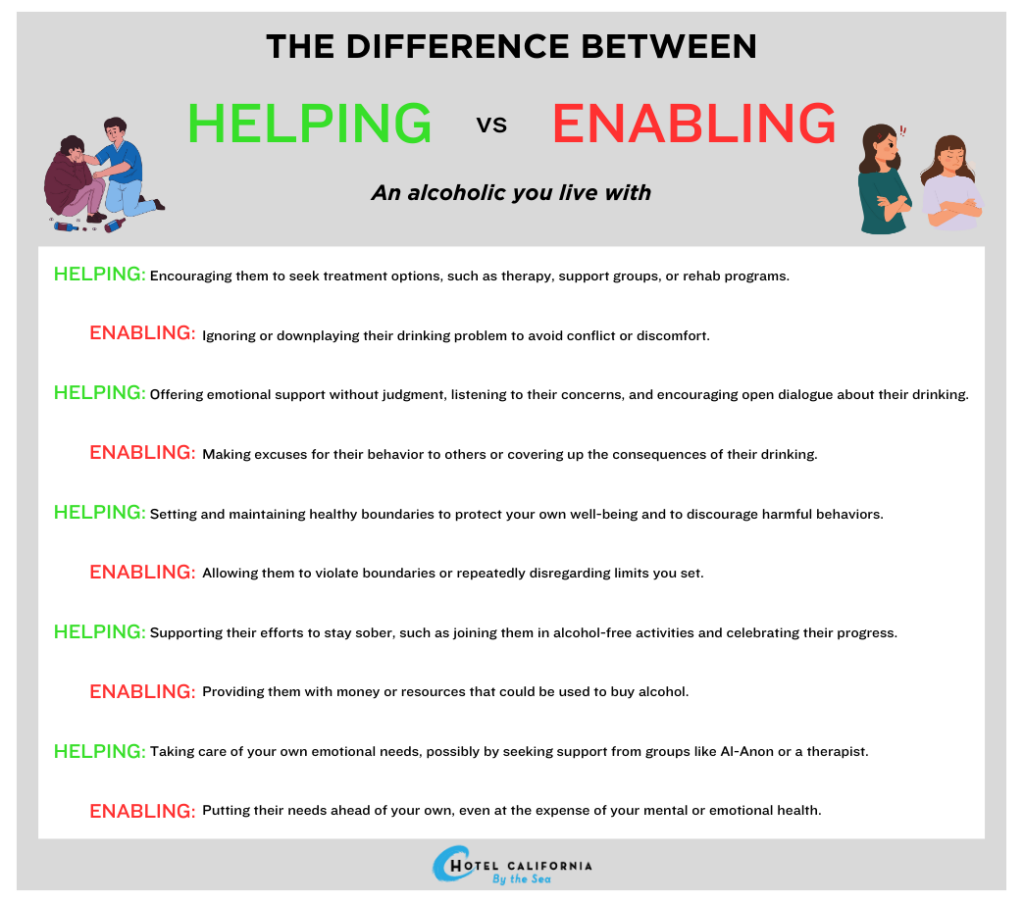How to live with an Alcoholic
Alcohol and substance addiction affects every one of any social class, race, background and culture. It not only affects the person with an addiction. It affects the entire support unit of friends and family. For many people, alcohol and drinking is a part of ordinary life during social or cultural events. In many places, it is socially acceptable to enjoy an alcoholic drink. However, alcohol effects vary depending on each person and in some cases, dangerous alcohol drinking patterns can lead to an addiction. Watching a family member or friend struggle with alcohol addiction can be heartbreaking, difficult and frustrating.

Oftentimes, living with an alcoholic can trigger intense distressing emotions such as shame, fear, anger or even self-blame. It can trigger or increase mental health conditions and often times you feel trapped, misunderstood and do not know how to manage. Living with an alcoholic can be a stressful and traumatic experience. Fortunately, there are ways to manage and resources to turn to for support.
What signs to look for if your loved one has a drinking problem
- Consuming alcohol in dangerous situations
- Having a high tolerance for alcohol
- Being unable to cut down on alcohol despite multiple attempts
- Continuing to use alcohol despite it interfering with daily living
- Regularly neglecting their responsibilities at home, work or school because they are drinking or recovering from drinking
- Binge drinking more than intended
- Lying to cover up about drinking or about how much they are drinking
- Blacking out and short-term memory loss
- Continuing to drink despite problems with relationships
- Drinking to self-medicate mental health conditions such as anxiety and depression

The impact of living with an Alcoholic
- Caregiver burnout
- Feelings of self-blame for your loved ones’ addiction and not knowing how to help them
- Enabling behaviors despite good intentions
- Social or professional repercussions
- Feelings of exhaustion and feeling physically and emotionally drained
- Financial effects on the entire family
- Physical effects – the alcoholic may get angry over trivial reasons and engage in physical harm because drinking can cause mood swings and the risk of violence.
- Mental health effects – alcohol can cause increased anxiety and depression as well as feelings of anxiousness, hopelessness and even embarrassment. Family members may begin lying to cover up for their alcoholic loved ones’ mess.
Check Your Insurance Coverage for FREE
Find out if your insurance covers addiction treatment in minutes. We accept most insurance!
How to live with an Alcoholic. Ways to manage and cope.
- Educate yourself about addiction. Know that this means your loved one may be unable to limit themselves and will spend a lot of time drinking alcohol, buying alcohol and failing to quit.
- Don’t blame yourself. People sometimes wonder if it is their fault for letting the addiction happen and a relationship of codependency may form.
- Realize that addiction is a medical condition that can happen to anyone and can also be treated with effective solutions with professional and medical help.
- Seek out professional help such as an interventionist or medical provider. These resources have experience, tools and resources to help your addict get healthy again.
- Reach out to or join a support group for families of addicts. Sometimes being among others who may be going through similar struggles with you can help you to better equip yourself to cope with living with an alcoholic. The connection with others can be beneficial for your mental well-being. It can strengthen family connections as well as impact your mental health so you are able to learn new skills in order to support your loved one with an addiction better.
- Decide if you are going to accept the addiction along with the destructive behaviors or not. If you decide not to accept it, do not wait to take action. The longer you wait, the more difficult it may become.
- Do not wait for other family members to agree with you and take action right away to help your addicted family member.
- Detach yourself and set healthy boundaries. Prioritize your mental health. Examples of healthy boundaries can include no alcohol in the house or around family members, you will not lie to protect them, you will not provide any financial assistance and you will not sacrifice your safety or the safety of other loved ones. Learn when to step away from certain situations.
- Realize your loved one will not get better without seeing the consequences of their actions and getting professional help.
- Do not wait for your loved one to hit rock bottom before you act. Act now.
- Hold them accountable for their actions.
- Understand there are things you can and can’t do when your alcoholic family member refuses treatment.
- Encourage open communication with them and be vocal about letting your addicted loved one know how their problem is affecting the family.
Things you should avoid when living with an Alcoholic
- Enable. Many loved ones of alcoholics believe they are helping out their loved one out of a bad situation, when in fact, they are enabling the addiction to grow. Enabling them will hurt the alcoholic in the long run and hurt the rest of the support system as well.
- Control. You must realize that you do not have control of the addicts’ alcohol problems. It is out of your hands. Trying to control them can make them feel trapped and misunderstood and may make things worse.
- Making excuses. Do not make excuses for their disruptive and unhealthy behaviors. This will give the alcoholic permission to continue down their negative path and they will be less likely to seek out professional help.
- Try not to create unrealistic expectations. It is not our job to fix our addicted loved ones. In the majority of cases, they need professional help.
- Try not to judge them for their addiction. Again, addiction is a disease that can affect everyone and anyone. It does not discriminate.
Reach out to Hotel California by the Sea
We specialize in treating addiction and other co-occurring disorders, such as PTSD. Our Admissions specialists are available to walk you through the best options for treating your addiction.
Alcohol Use Disorder Treatment
Living with a loved one who is an alcoholic can be frustrating and distressing. It is never easy to talk to someone about their drinking because they might get angry, defensive or even lash out. But it is important to be open and honest with them, while also taking care of yourself emotionally. The best way to address alcohol addiction is to seek out professional behavioral health treatment. Hotel California by the Sea provides specialized treatment programs for alcohol use disorder as well as co-occurring mental health disorders.
We offer treatment care during alcohol detox, inpatient residential, partial hospitalization programs and intensive outpatient programs. Each level of care will also utilize varying treatment methods including CBT, DBT and group therapy. These evidence-proven treatments can help loved ones of addicts learn new skills and techniques to cope with addiction. They can help both addicts and the loved ones of addicts prioritize mental health, safety, treatment options and how to effectively cope with alcohol addiction. Hotel California by the Sea provides the support, tools and resources, that addicts and families of addicts need to overcome their alcohol addiction.
References:
https://www.helpguide.org/mental-health/addiction/how-to-help-alcoholic
https://family-intervention.com/blog/how-to-cope-while-loving-an-alcoholic/
https://www.alcoholrehabguide.org/support/10-steps-alcoholic-refuses-treatment/
https://www.choosingtherapy.com/living-with-alcoholic/
https://zinniahealth.com/substance-use/alcohol/spouse
